Time of the Innocent is a 1964 West German drama film directed by Thomas Fantl.

Rudolf Prack was an Austrian film actor.

Sonja Sutter was a German film actress. She was one of the few actors that was allowed to appear in productions in both East and West Germany. She is remembered for her role as Fraulein Rottenmeier in the German TV series Heidi from 1978. This series aired in many countries in Europe during the 1980s and 1990s, and was dubbed into several languages. She is also remembered for having had several roles in the TV series Derrick from 1983 to 1998.

Bayerischer Poetentaler is a Bavarian literary prize of the writers guild Münchner Turmschreiber.
Angelika Hauff (1922–1983) was an Austrian stage and film actress. She worked prolifically as a film actress in the immediate aftermath of the Second World War appearing in the lead roles in several successful films that included The Marriage of Figaro and Dark Eyes (1951). A versatile actor, she appeared in a variety of cinematic genres in Germany and Austria and attained international recognition in French, English and Italian films. She was a preeminent stage actress with the prestigious Vienna Burgtheatre portraying classic German language roles and being awarded the highest acting honours.
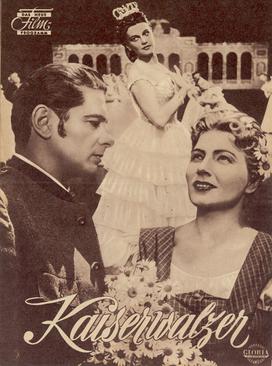
The Emperor Waltz is a 1953 Austrian historical drama film directed by Franz Antel and starring Maria Holst, Rudolf Prack and Winnie Markus. The film's sets were designed by Heinz Ockermüller and Sepp Rothaur. It is set during the era of Empress Elisabeth of Austria.

Silence in the Forest is a 1929 German silent drama film directed by William Dieterle and starring Dieterle, Rina Marsa, and Petta Frederik. It was shot at the Babelsberg Studios in Berlin. The film's sets were designed by the art directors Otto Guelstorff and Gabriel Pellon. It was made by the German subsidiary of Universal Pictures and was the first of several film versions of the novel of the same title by Ludwig Ganghofer.

Silence in the Forest is a 1937 German drama film directed by Hans Deppe and starring Hansi Knoteck, Paul Richter and Gustl Gstettenbaur.
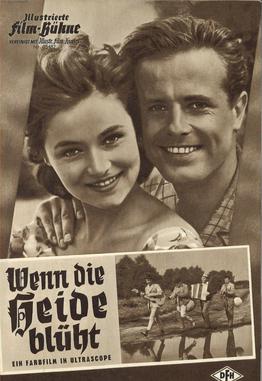
When the Heath Is in Bloom is a 1960 West German drama film directed by Hans Deppe and starring Joachim Hansen, Walter Richter, and Peter Carsten.

Tell the Truth is a 1946 German comedy film directed by Helmut Weiss and starring Gustav Fröhlich, Mady Rahl, and Ingeborg von Kusserow. The film had a troubled production, and was originally filming in the final days of the Nazi era with Heinz Rühmann and his wife Hertha Feiler in the lead roles. Production was halted when Soviet forces took control of the Tempelhof Studios during the Battle of Berlin. The film was then remade in the British sector of Berlin with different leads but using substantial amounts of footage already shot during the previous production.
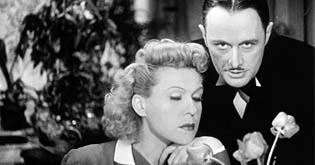
Friday the Thirteenth is a 1949 West German comedy crime film directed by Erich Engels and starring Fritz Kampers, Angelika Hauff, and Fita Benkhoff.
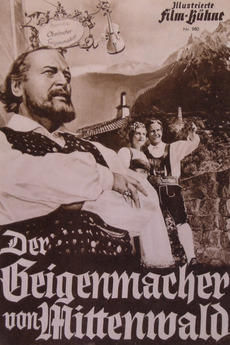
The Violin Maker of Mittenwald is a 1950 West German drama film directed by Rudolf Schündler and starring Willy Rösner, Paul Richter and Franziska Kinz.
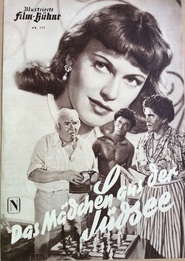
The Girl from the South Seas is a 1950 West German comedy film directed by Hans Müller and starring Angelika Hauff, Madelon Truß and Hardy Krüger.
The Sudden Wealth of the Poor People of Kombach is a film d'auteur from 1971 directed by Volker Schlöndorff. He also co-wrote the script with Margarethe von Trotta. The film was based on a true event that occurred in the Hessian Hinterland in the 19th century.











